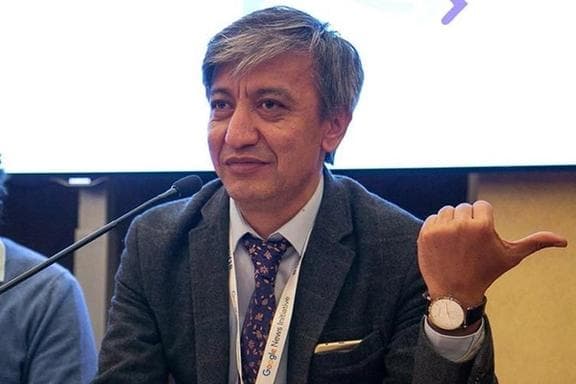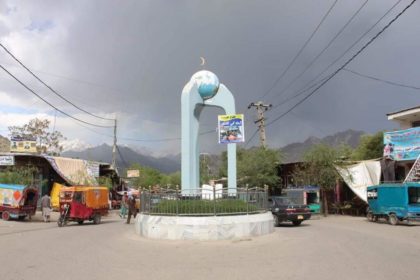RASC News Agency: Dawood Naji, head of the Political Committee of the Freedom Front, responded to the assassination of Khalil Haqqani, claiming that dictators and totalitarian regimes often resolve internal issues through physical elimination. In an official statement, Naji remarked, “Dictators, for their survival and longevity, are willing to sever even their own limbs.” His comments subtly pointed to the assassination as an orchestrated act within the Taliban’s own ranks.
On Thursday, December 13, Naji took to X (formerly Twitter), asserting that a recurring pattern connects the assassinations of Taliban officials over the past three years: their potential to challenge the Taliban’s supreme leader on theological, political, or popular grounds. He highlighted that the killing of Mujib-ur-Rahman Ansari, a prominent cleric from Herat, marked the Taliban’s first act of authoritarian purging. Naji noted that although Ansari shared ideological ties with the Taliban, he lacked an official role within their structure, making him dispensable in their eyes. Naji further stated that Abdul Rahim Haqqani was eliminated for his ability to challenge the group’s leadership on religious jurisprudence.
The assassination of Daud Muzammil, the former Taliban governor of Balkh, was also attributed to internal Taliban orders. Naji claimed this was due to Muzammil’s independent political ties with the Islamic Republic of Iran, which could have posed significant risks to the group’s authority in the future. Naji also alleged that the assassinations of the Taliban’s governor in Badakhshan and their police commander in Baghlan were part of a calculated strategy. He argued that these figures, with their significant military presence in the Amu Darya region, were perceived as “latent and potential threats” to the Taliban’s long-term control.
Earlier, the Green Trend of Afghanistan similarly accused Mullah Hibatullah Akhundzada, the Taliban’s supreme leader, of orchestrating Haqqani’s assassination.






